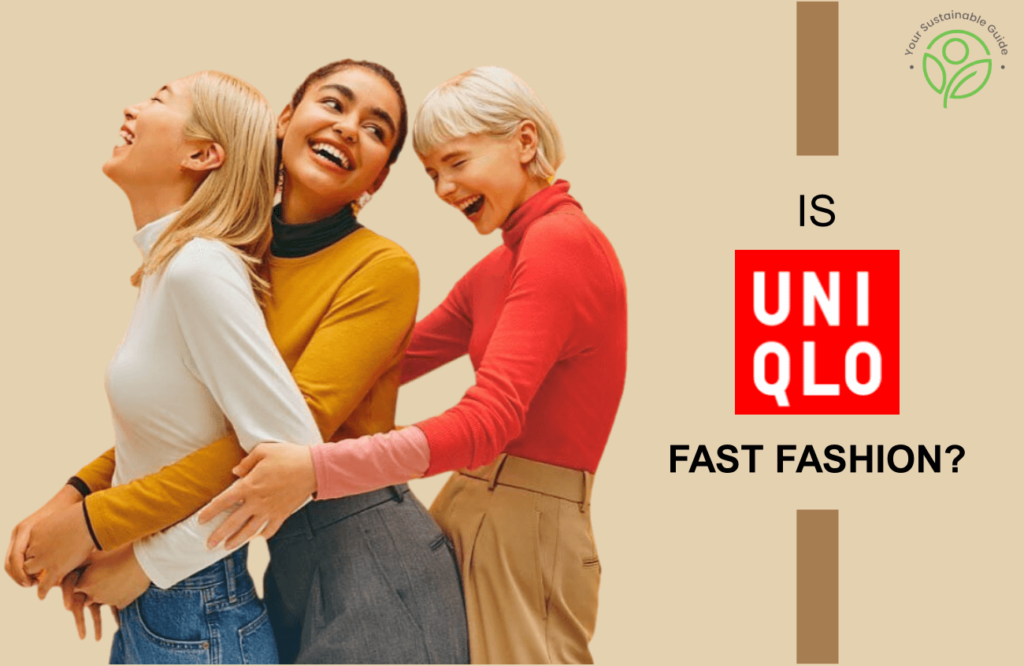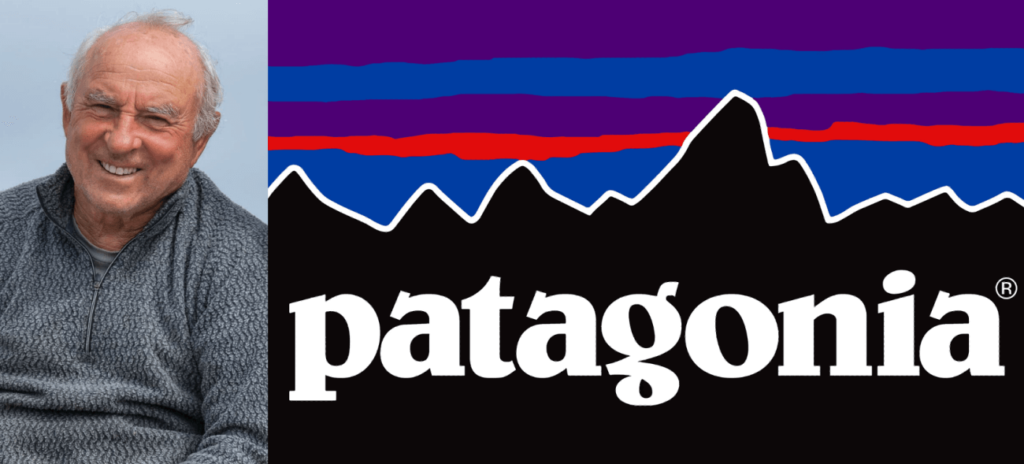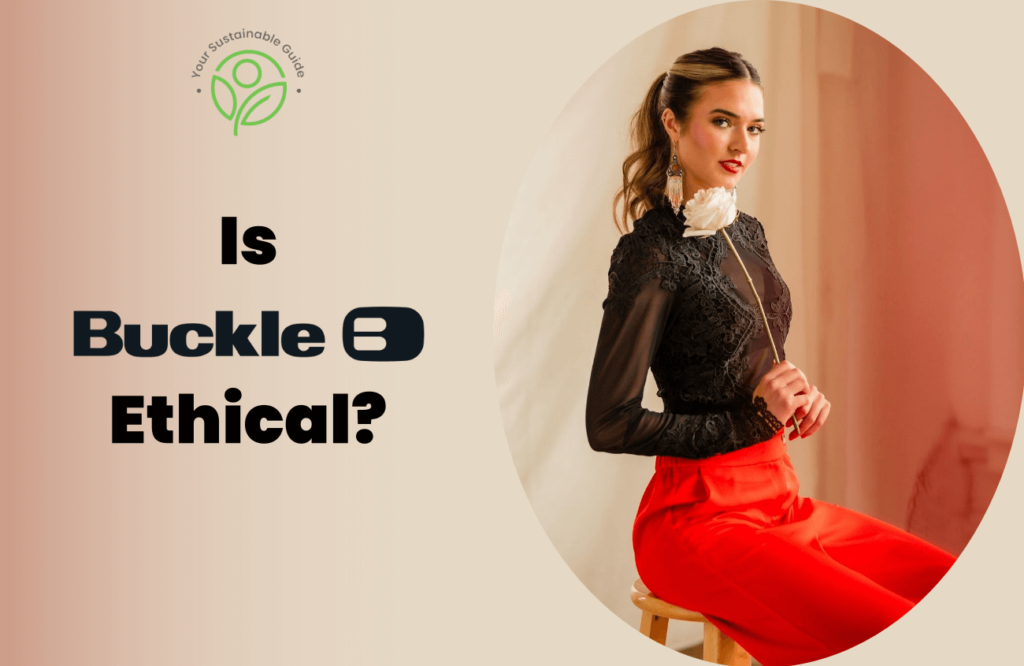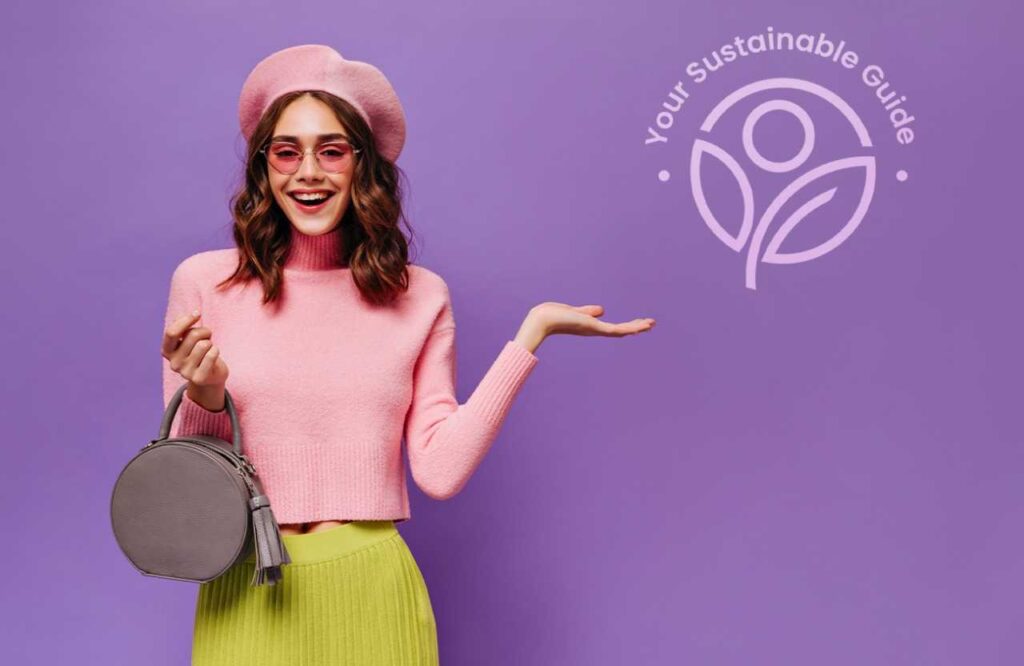Uniqlo is a leading Japanese fashion retailer that offers a wide range of clothing and accessories for men, women, and children. Operating under the SPA model, Uniqlo manages the entire process from design to retail, ensuring quality and responsiveness to trends. The company has continuously boosted its sustainability initiatives to represent itself as a conscious business. But is it genuinely committed to sustainability? Or is Uniqlo just another fast fashion brand that is greenwashing?
Uniqlo’s success stems from strategic brand positioning and notable collaborations with renowned figures like Andy Warhol, Jean-Michel Basquiat, and Keith Haring. But behind the ‘budget-friendly’ prices lies the grim reality of underpaid garment makers and the planet burdened by piles of throwaway clothing. Let’s delve deep into Uniqlo to examine if it truly is incorporating sustainable and ethical practices as it claims to be.

Is Uniqlo Fast Fashion?
Uniqlo has some traits of the fast fashion business model, such as large-scale production and a not-so-transparent supply chain. But, apart from that, it significantly differs in other aspects.
To start with, Uniqlo doesn’t produce trend-driven disposable clothing. Instead, it focuses on creating first-class, functional garments in timeless designs that will outlast fleeting trends. This approach aligns more with slow fashion principles, highlighting longevity and sustainability.
Moreover, Uniqlo’s garments are priced in the mid-premium range. So, they are a bit inaccessible for budget-conscious shoppers looking for celeb-inspired flashy looks.
As a Japanese brand, its core ideology is to offer minimalist apparel designed for everyone without any age barrier. So whoever prefers classic basics can go with it and dress up or down according to their personal style.
Uniqlo is renowned for its durable products. It invests heavily in fabric technology and ensures quality requirements are met. However, in many countries, its products come at an affordable price point. So, despite being designed for longevity, some consumers treat its clothes as disposable, adding to the challenges of fast fashion.

Is Uniqlo Ethical?
No, Uniqlo has a long way to go to become 100% ethical. It scored between 41-50% in the Fashion Transparency Index, indicating some level of transparency. But there’s ample scope for improvement.
Labor Practices
Uniqlo has mapped out a Code Of Conduct to protect labor standards and human rights in its factories. It has also published a list of suppliers covering its garment and processing facilities and fabric mills.
Additionally, Uniqlo has a social auditing program endorsed by the Fair Labor Association (FLA). This program monitors its final stage of production. Now, these measures undoubtedly showcase the brand’s efforts to take ethical responsibility. However, there is no proof that Uniqlo guarantees fair wages and secure working conditions for its supply chain workers.
Making matters worse, a Hong Kong-based NGO, Students and Scholars Against Corporate Misbehavior (SACOM), exposed the labor practices in some of Uniqlo’s Chinese factories. Investigations by SACOM, HRN, and Labor Action China revealed shocking working conditions in the retailer’s supplier facilities.
Workers were found to earn only one-third of the average wage assigned by the country’s guidelines. What’s concerning is, to meet their living expenses, workers had to do excessive overtime ranging from 112 to 134 hours per month. This work-time range is more than three times China’s legal limit of 36 overtime hours.
Again, in January 2021, a shipment of men’s shirts from Uniqlo’s casualwear chain was blocked by customs from entering the United States. This action was taken due to suspicions that the shirts were produced using forced Uyghur labor in Xinjiang.
Reports also indicate that Uniqlo has an outstanding severance pay debt of a whopping $5.5 million to Indonesian garment workers. With the history of being a brand that uses sweatshops, Uniqlo is in dirty waters in terms of being ethical.
Addressing these issues, Uniqlo made some meaningful progress in implementing ethical labor practices. It has achieved notable advancements, such as hiring workers with disabilities and employing more women in managerial roles. Additionally, its parent company (Fast Retailing Co.) collaborated with UN Women (United Nations Entity for Gender Equality and the Empowerment of Women), to support females employed by the company.
These efforts instil hope that Uniqlo will develop an ethical supply chain, ensuring fair pay and the well-being of its workers.
Sourcing Practices
Uniqlo doesn’t have its own factories. It outsources production to garment factories located around the world in countries like Bangladesh, China, Cambodia, Indonesia, etc. The company strives to maintain transparency by publishing manufacturing details about how its clothes are made. It also gives a sneak peek of its entire business model, covering aspects like R&D, merchandising, procurement of materials, etc.
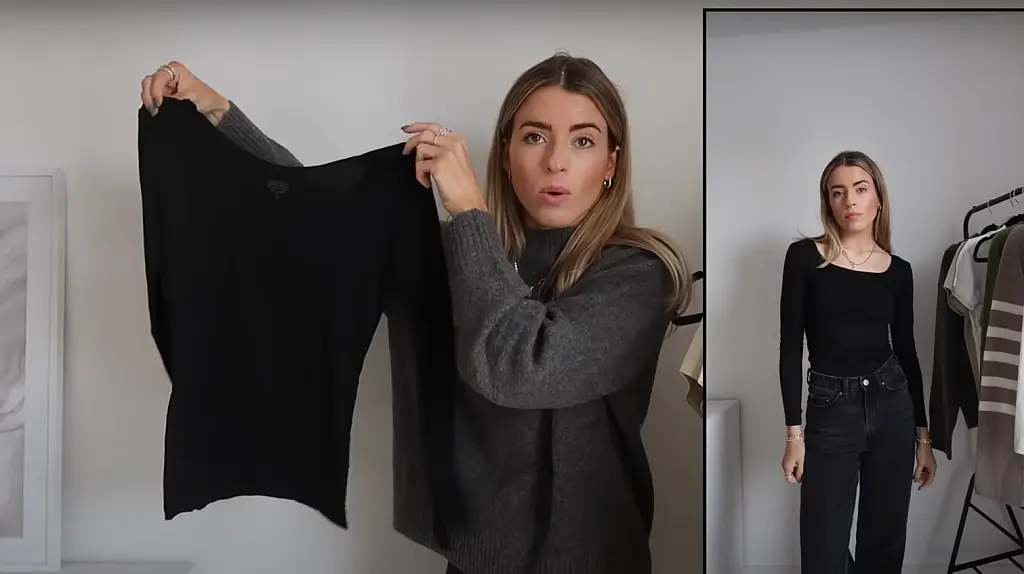
Child Labor
Uniqlo’s parent company, Fast Retailing, strictly prohibits the use of minors in any of its brand’s production methods. It has implemented several policies to ensure ethical sourcing and fair labor standards.
Child labor in fast fashion is a sensitive issue, and many global non-profit organizations are working to eradicate it. With the majority of Uniqlo’s production taking place in developing Asian countries, it is only normal to feel doubtful about who exactly are making its clothes. So, Uniqlo really needs to come up with evidence or audit reports of its partner factories.
Overall Rating: 3
Is Uniqlo Cruelty Free?
Uniqlo has a formal animal welfare policy aligned with the values of the Five Freedoms. It has banned the use of exotic animal skin, fur, angora, shearling, slink, mohair, and karakul in its product line.
Uniqlo uses down or feathers, but they are sourced from farms certified by the Responsible Down Standard. It also incorporates other animal-derived materials like leather and silk, which are traced in the first stage of production. The brand claims to use cashmere and sheep wool sourced from ethical suppliers but doesn’t provide evidence to support this statement.
One positive aspect is Uniqlo encourages textile recycling and the use of vegan alternative materials. In fact, in 2016, PETA awarded the label with the Innovator for Animals Award. This award was presented to honor Uniqlo’s synthetic innerwear technology, HEATTECH, which is both innovative and cruelty-free.
Overall Rating: 3

Is Uniqlo Sustainable?
Uniqlo is making commendable efforts towards sustainability. But, of course, there is considerable work to do. The positive aspects are, Uniqlo’s clothes are meant to be versatile and can be worn multiple times, promoting a timeless wardrobe. It uses sustainable materials like lyocell, recycled polyester, organic cotton, and more, which have a lower impact on the planet.
Next, the Japanese retailer has launched a “Recycle and Reuse” program, which accepts secondhand Uniqlo garments for recycling. This program started in Japan in 2006 and has expanded to other countries like the US, UK, and Australia.
Additionally, Uniqlo has a “Repair Service” in select stores, where consumers can avail of minor repairs for certain products. It has reduced packaging waste by phasing out single-use plastics and offering FSC-certified reusable bags made from recycled materials.
Uniqlo has introduced a new technology called BlueCycle to reduce the environmental impact of jeans production. This innovative method minimizes manual labor and water usage in the denim manufacturing process. Instead of using sandpaper fading, which requires a significant amount of water, UNIQLO’s new laser distressing system decreases water consumption by an impressive 99%.
Furthermore, Uniqlo has dropped the “LifeWear” concept. This collection focuses on creating simple clothing in uncomplicated silhouettes and high-quality materials to get you through your everyday life.
What’s more, Uniqlo has become a member of the Better Cotton Initiative and aims to source all its cotton from sustainable sources by 2025. It has set a science-based target to reduce carbon footprint in its supply chain, which is another step forward. This means the label has committed to minimizing its CO2 emissions in line with the goals of the Paris Agreement.
So far, so good! And these are just some of its sustainability initiatives, with many more projects in progress.
However, there are some major drawbacks. Uniqlo still uses a good proportion of synthetic virgin materials like polyester, nylon, elastane, etc. These textiles require a lot of energy to produce and do not biodegrade easily. Also, the company doesn’t provide any certification to back the credibility of its entire raw materials list.
Another factor is, Uniqlo doesn’t provide reports or data to track its progress on sustainability goals. Some transparency from the brand’s end can really work for stakeholders, including consumers, to assess its environmental efforts.
Overall Rating: 3.5
Some of the Best Sustainable Alternatives to Uniqlo
Uniqlo has applied several sustainability initiatives to reduce its environmental footprint. But it really needs to strengthen its ethical standards. The fast fashion industry has been thriving on a toxic cycle of exploitation and ecological devastation. And it needs to end! Besides Uniqlo, brands like Princess Polly, Forever 21, and That’s So Fetch have milled profits by compromising on ethics. So, you have every reason to steer clear of them until they become accountable for their actions.
If you love Uniqlo’s minimalist clothing, then check out similar collections from more sustainable brands like Casa Fline, Mila.Vert, Kotn, and Asket.
1. Kotn

If you’re someone who looove the feel of organic cotton, then Kotn is going to be your BFF! This sustainable brand uses luxurious Egyptian organic cotton as its core material in creating wardrobe staples, bedding, and bath textiles. It closely works with cotton farmers in Egypt, ensuring a transparent supply chain and supporting local communities. The label prioritizes fair trade practices and provides fair wages and safe working conditions to garment workers. In addition, it focuses on curating seasonless designs in high-quality craftsmanship that will stand the test of time. As a B Corporation, Kotn is associated with social causes and funds the education of children belonging to the underserved farming communities of Egypt.
2. Asket

Asket is a sustainable brand that offers ‘permanent garments’ with ‘endless versatility’ for men and women. The brand’s philosophy revolves around reducing waste and overconsumption by creating long-lasting, premium-quality apparel. Asket believes in complete transparency and provides detailed information about the entire production process. From the origin of its raw materials to the factories it works with- it leaves nothing under wraps. Asket uses sustainable materials like recycled wool, organic cotton, Tencel lyocell, and traceable merino wool to craft its garments that you will enjoy for years. Plus, they offer free repairs in-store, and you can order spare parts to fix minor changes yourself to prolong the lifecycle of your clothing.
3. Casa Fline
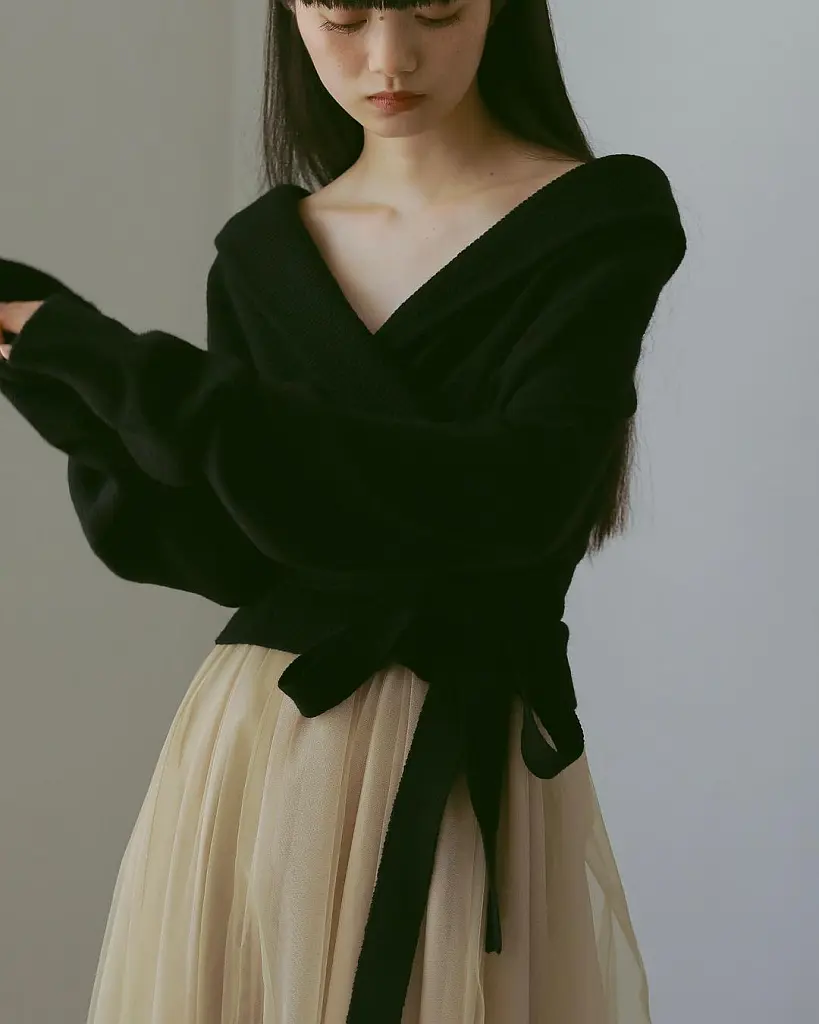
Japanese label Casa Fline offers a range of classic and elegant clothing for women, eco-friendly cosmetics, and household goods. Promoting mindful consumption, it takes pride in its local production with skilled craftsmanship using responsibly sourced raw materials. Everything is made from 100% natural materials like organic cotton, vegetable ink, and so on. With a heartfelt message behind their original collection, Casa Fline is rooted in a philosophy that reflects the founder’s beliefs and environmental considerations. Their clothing showcases beautiful feminine designs with impressive styling that stands by timeless fashion.
4. Mila.Vert
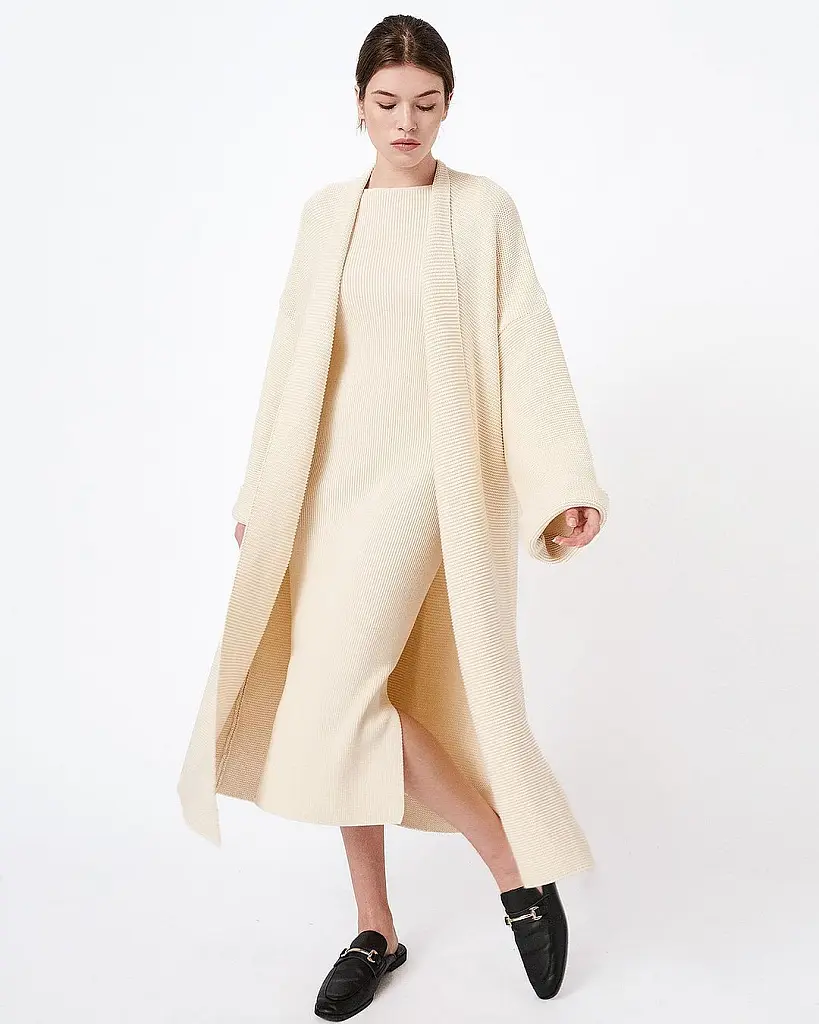
Based in Slovenia, Mila.Vert is home to luxury sustainable fashion. It crafts chic and contemporary clothing with a minimalist aesthetic and sophisticated detailing that you’ll absolutely love. All of its clothes are ethically manufactured locally to ensure end-to-end transparency, traceability, fair wages, and safe workplaces for everyone involved in the manufacturing process. The brand uses cruelty-free sustainable fabrics such as Tencel and GOTS-certified organic cotton. Only a small portion of their winter coats are made from animal-derived textiles, that is, leftover wool. Mila.Vert embraces a zero-waste philosophy and minimizes fabric waste during production by upcycling excess materials.

